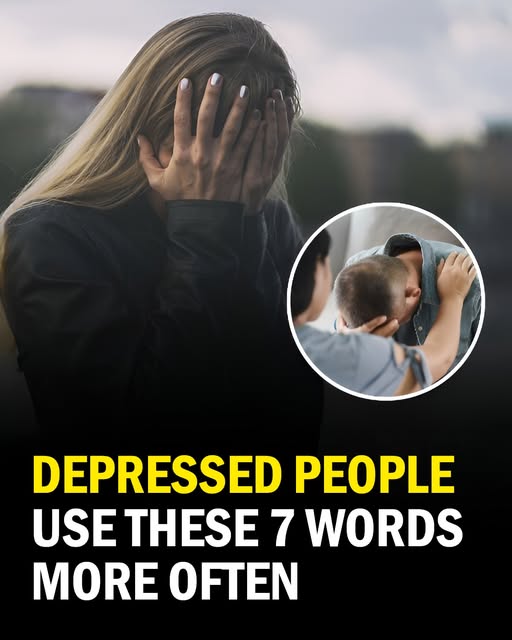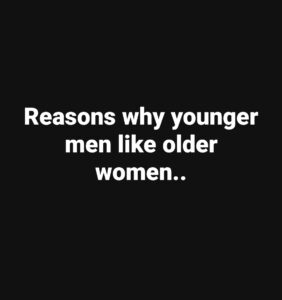7 Words Depressed People Use More Often
Most people experience feelings of depression at some point, as life is full of challenges. However, depression can signal a deeper problem that affects not only mental health but overall wellbeing and quality of life. Researchers have identified certain words and speech patterns that people with depression commonly use, which can reveal their emotional state.
Depressed individuals often use absolutist terms such as “never,” “always,” and “completely,” reflecting a rigid, black-and-white view of their experiences. They frequently focus on themselves by using first-person pronouns like “I” and “myself” much more than others, showing a tendency to feel isolated or disconnected. Negative words such as “worthless,” “useless,” “lonely,” and “miserable” are also common as depressed people struggle with low self-esteem and feelings of hopelessness.
According to the World Health Organization, over 300 million people worldwide suffer from depression, with rates increasing significantly in recent decades. Depression can manifest in symptoms like persistent sadness, irritability, difficulty concentrating, disrupted sleep and appetite, and even suicidal thoughts. The severity and duration of these symptoms vary, with some needing professional help such as counseling or medication.
Supporting someone who is depressed requires empathy and validation of their feelings. Encouraging healthy habits like regular meals, good hygiene, consistent sleep, and spending time in nature can be beneficial. Professional treatment options like cognitive-behavioral therapy (CBT) and medication can also play a crucial role in recovery.
Ultimately, people dealing with depression need more love, understanding, and care to help them navigate their struggles and improve their quality of life.







Post Comment